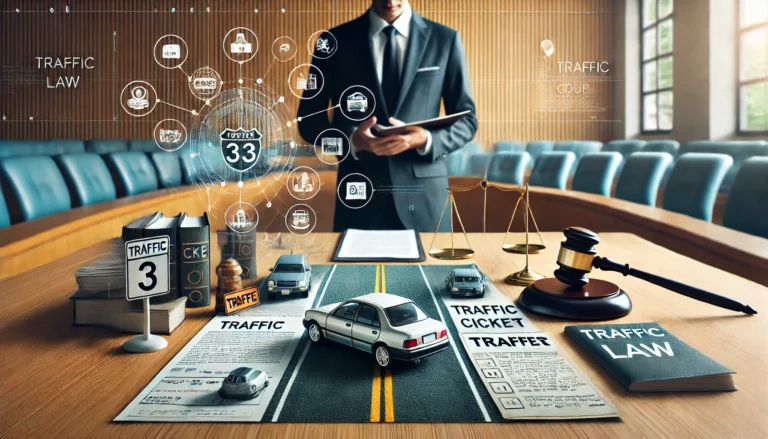Have you ever wondered how traffic offenses can impact your daily life? Understanding these offenses is crucial, as they can lead to fines, points on your license, or even higher insurance rates.
This guide will help you navigate the complexities of traffic laws and illuminate what certain violations mean for drivers. By recognizing the implications of traffic offenses, you can make informed decisions and drive safely.
Let’s explore the world of traffic violations together and become more responsible drivers.
Types of Traffic Offenses
Traffic offenses can be classified into various categories. A speeding violation is a common traffic offense and involves driving over the speed limit set by laws. Running a red light is another offense and means failing to stop at a traffic signal when required.
Driving under the influence is a serious offense that occurs when a driver operates a vehicle while impaired by alcohol or drugs. Reckless driving is defined as operating a vehicle with willful disregard for safety. Each traffic offense carries specific penalties and consequences outlined by traffic laws.
Fines and Penalties
Traffic offenses often result in fines and penalties as a form of punishment. Fines are monetary charges imposed by legal authorities on offenders. The amount of the fine usually depends on the severity and frequency of the offense committed by the driver.
Points may also be added to a driver’s record. Accumulating too many points can lead to further consequences, such as license suspension. Penalties serve as a deterrent, aiming to prevent future infractions by the driver.
Points System
The points system is used by many states to track driving offenses. Points are added to a driver’s record for each traffic violation they commit. Accumulating points can lead to increased insurance rates or license suspension.
The purpose of the points system is to encourage safe driving. It acts as a reminder for drivers to obey traffic laws.
Legal Defenses
Legal defenses provide drivers with options to contest a traffic ticket. Drivers may choose to present evidence that disputes the charges. It is important for drivers to understand their rights when challenging a traffic offense in court.
Having a valid defense can sometimes result in reduced penalties. Drivers should be aware that legal outcomes may vary based on individual circumstances. If you’re unsure about how to defend yourself, consider the best ticket fighting service to help you navigate the legal process and increase your chances of a favorable outcome.
Impact on Your Driving Record and Insurance
Your driving record is a crucial document. It contains details about your driving history. Traffic offenses and points are recorded here. Insurance companies often review this record. Your premiums can increase if you have multiple offenses.
Master the Road and Avoid Costly Traffic Offenses
In conclusion, understanding traffic offenses is essential for every driver. Awareness of these violations helps you make informed decisions on the road. It also reduces the risk of facing unwanted consequences like fines or higher insurance rates.
Being knowledgeable about traffic offenses empowers you. It ensures a safer driving experience for both you and other road users. Always prioritize learning and adhering to traffic laws for a better driving future.

